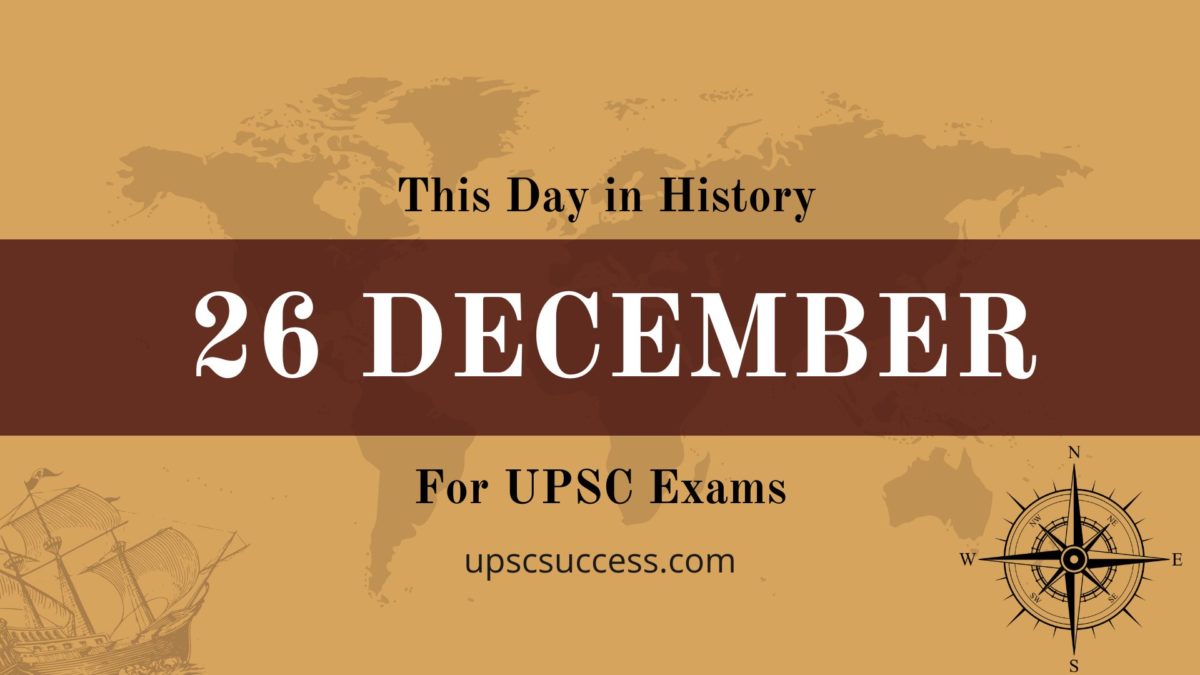Contents
This Day in History on 26 December
The historical events hold a lot of value for aspirants who are sitting for UPSC competitive exams including the IAS Exam.
On this page, we will list all historical events that occurred on 26 December. The students can refer to them while preparing for all competitive exams and banking exams.
Important Days
–
Important Events
1797: Mirza “Galib” Asad Ullah Beg Khan aka Mirza Asadullah Baig Khan, a prominent Urdu and Persian Language poet, his pen-names of Ghalib and Asad, was born in Agra.
1901: Gandhiji moves resolution on South Africa at Congress.
1904: The country’s first cross country motorcar rally inaugurated between Delhi and Mumbai.
1911: Jana Gana Mana…. ,’ India ‘ s National Anthem, was first sung at the Indian National Congress session held at Calcutta.
1926: Imperial Airways announces the first scheduled air service to India from New Year in UK.
1929: Jawaharlal Nehru hoists the national flag at the All India National Congress session held in Lahore. They resolved for “Purna Swaraj” (complete independence) on the instance of Gandhiji, the Viceroy of India that time was Lord Irwin.
1931: 150 are arrested following ‘red shirt’ riots in the N.W. Frontier province.
1936: Golden Jublee Session of Indian National Congress, under the presidentship of Jawaharlal Nehru, held at Faizpur urging India to strike at British imperialism.
1962: India and Pakistan begin negotiations over Kashmir.
1975: A coal-mine was exploded at Chasnala mine near Dhanbad. It was India’s worst coal mine disaster, it claimed 372 miners lives.
1976: The Kangla Tongbi war memorial built for 221 members who laid down their lives to repulsed several waves of Japanese attacks. Advance Base Depot is shifted to Jabalpur. The original memorial was erected on 15 April 1946 from local stone and the main epitaph displayed above is of black Naga stone.
1976: Establishment of the Communist Party of Nepal (Marxist-Leninist).
1977: The Congress party splits into two factions, one supporting and one opposing Indira Gandhi.
1978: Former Prime Minister Indira Gandhi was released from prison.
1982: TIME’s Man of the Year award was given for the first time to a personal computer (PC).
1985: The Indian National Congress party, led by Rajiv Gandhi, begins its centenary celebrations in Bombay. .
1987: Vijaypal Singh sets a record for TJ in 16.79s at Trivandrum .
1988: The first hot-air Cross India Balloon started its flight in Rajasthan.
1990: Central Govt. introduces fresh direct tax proposals to raise additional Rs. 810 crore by raising income tax and fixing limits for deduction of depreciation.
1990: DMK led Pondicherry ministry, headed by D. Ramachandran, resigns following loss of majority.
1991: The Soviet Union formally dissolved.
1992: The Central government decides to acquire the disputed area in Ayodhya.
1996: Mahashweta Devi, Bengali litterateur, win the Gyanpith Award.
1997: Naveen Patnaik founded the Biju Janata Dal (BJD).
1998: Churches and missionary schools come under attack and many were injured in a fresh outbreak of communal violence in Surat and Dangs district of Gujarat even as the Bajrang Dal and the Vishwa Hindu Parishad announce the stepping up of their stir against the alleged conversion of Hindus.
1998: Nobel laureate Prof. Amartya Sen unveils his plans to set up a charity trust with the award money for development of education and health in India and Bangladesh.
1999: PSCB’s Prathima Kumari shattered the National clean and jerk mark twice in the women’s 58-kg class on the second day of the senior national weightlifting championship in Kalyan.
2004: A magnitude 9.3 earthquake shook India, Sri Lanka, Indonesia, Thailand, Malaysia, Maldives, and many other countries, killing at least 230,000 people.
2004: The 9.1–9.3 Mw Indian Ocean earthquake shakes northern Sumatra with a maximum Mercalli intensity of IX (Violent). One of the largest observed tsunamis follows, affecting the coastal areas of Thailand, India, Sri Lanka, the Maldives, Malaysia, Myanmar, Bangladesh, and Indonesia; death toll is estimated at 227,898.
2006: Shane Warne made history in international Test cricket with 700 wickets.
2012: The world’s longest high-speed rail route between Beijing and Guangzhou was launched in China.
Birth/Birth Anniversary
1791: Charles Babbage, an English polymath.
1893: Mao Zedong, a Chinese communist revolutionary, and the founding father of the People’s Republic of China.
1898: Shamrao Desmukh, former Central Minister and Agriculture expert , was born.
1899: Udham Singh, an Indian revolutionary belonging to the Ghadar Party.
1914: Murlidhar Devidas Amte (Baba Amte), an Indian social worker and social activist.
1914: Sushila Nayyar, an Indian physician, veteran Gandhian, and politician.
1919: Naushad Ali, an Indian music director for Hindi films.
1929: Tarak Mehta, an Indian columnist, humorist, writer, and playwright.
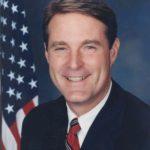
1935: Dr. Mabelle Arole, Ramon Magsaysay Award winner, director of the Multipurpose Rural Health Project.
1948: Prakash Baba Amte, a social worker from Maharashtra, India.
1955: Evan Bayh, American lawyer and politician, 46th Governor of Indiana
Death/ Death Anniversary
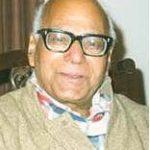
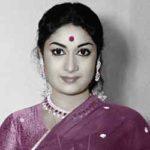
1530: Babur, the founder of the Mughal Empire and first Emperor of the Mughal dynasty in the Indian.
1972: Harry S. Truman, the 33rd president of the United States.
1976: Yashpal, modern hindi litterateur, passed away.
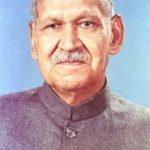
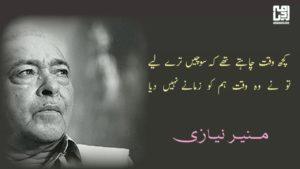
1981: Savitri Ganesan, an Indian film actress, playback singer, dancer, director, and producer.
1992: Dhananjay Bhattacharya, famous Bengali singer, died.
1998: Ram Swarup, Indian writer on Hindu philosophy and religion (b. 1920)
1999: Shankar Dayal Sharma, the ninth President of India.
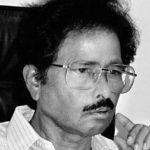
2006: Gerald Rudolph Ford Jr., the 38th president of the United States.
2006: Munir Niazi, Indian-Pakistani poet (b. 1928)
2011: Sarekoppa Bangarappa, an Indian politician, and the 12th Chief Minister of Karnataka.

